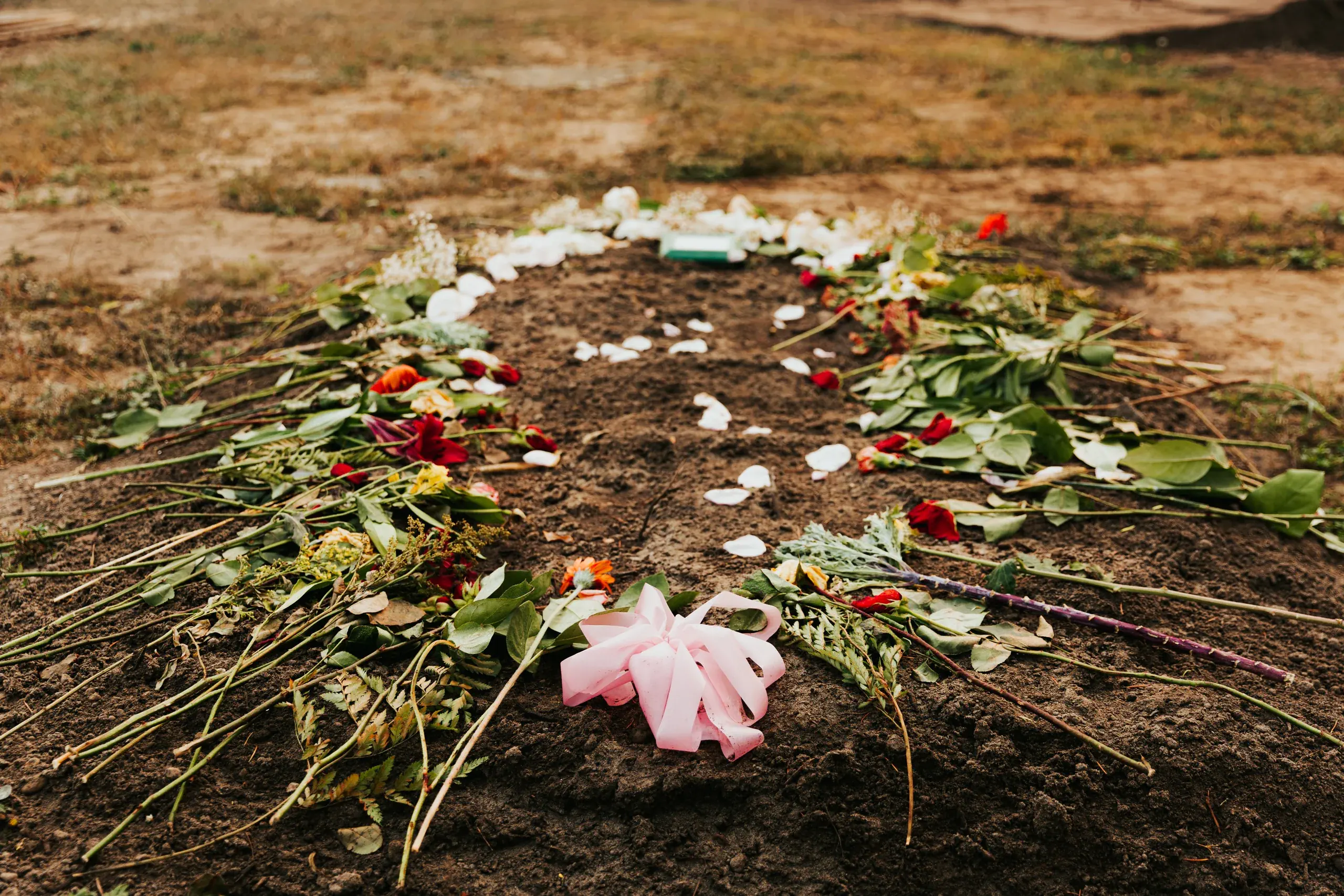The death of a loved one is a difficult time for anyone. It is a time when emotions are raw, and decision-making can be challenging. One of the decisions that many people face when dealing with the loss of a loved one is whether to choose burial or cremation. While both options are valid, it is important to make an informed decision that respects the wishes of the deceased and the beliefs of the family. In this blog post, we will discuss the best way to decide between burial or cremation.
Consider the Wishes of the Deceased
The first and most important factor to consider when deciding between burial or cremation is the wishes of the deceased. If the deceased left specific instructions about their preferred method of disposal, it is important to honor those wishes. These instructions may be included in their will or discussed with family members beforehand. If the wishes of the deceased are not clear, it may be necessary to consult with family members to determine the best course of action.
Religious Beliefs
Religious beliefs are another crucial factor to consider when deciding between burial or cremation. Many religions have specific requirements or traditions surrounding the handling of the deceased. For example, in Judaism, burial is the preferred method of disposal, while in Hinduism, cremation is the norm. It is essential to consider the religious beliefs of the deceased and their family when making a decision about burial or cremation. It may be helpful to consult with a religious leader or advisor for guidance in this matter.
Environmental Impact
Environmental impact is another consideration that may be important to some families. Burial and cremation both have environmental impacts, but they differ in their effects. Burial can involve embalming, which uses chemicals that can be harmful to the environment. Additionally, burial requires land, which can be a scarce resource in some areas. Cremation, on the other hand, releases carbon dioxide and other pollutants into the atmosphere. However, there are eco-friendly options for both burial and cremation that can minimize their environmental impact. For example, green burial eliminates the need for embalming, and cremation can be done using a process that reduces carbon emissions.
Financial Considerations
The cost of burial and cremation can vary significantly. Burial typically involves the purchase of a burial plot, a casket, and a headstone, which can add up to thousands of dollars. Cremation is generally less expensive, but the cost can still vary depending on the type of service and the urn chosen. It is important to consider the financial implications of both options when making a decision. Families should also check to see if the deceased had any pre-paid funeral arrangements or insurance policies that could cover some of the costs.
Personal Preferences
Finally, personal preferences are an important factor to consider when deciding between burial or cremation. Some people may feel more comfortable with the idea of burial, while others may prefer the simplicity of cremation. It is important to respect the personal preferences of the deceased and their family. This decision can be especially difficult if family members have differing opinions. In these situations, it may be helpful to have an open and honest discussion about each person’s preferences and concerns.
Conclusion
In conclusion, deciding between burial or cremation is a deeply personal and emotional decision that should be made with care and consideration. It is important to consider the wishes of the deceased, religious beliefs, environmental impact, financial considerations, and personal preferences when making this decision. By taking the time to weigh these factors, families can make an informed decision that honors the memory of their loved one.

Published: March 30, 2023